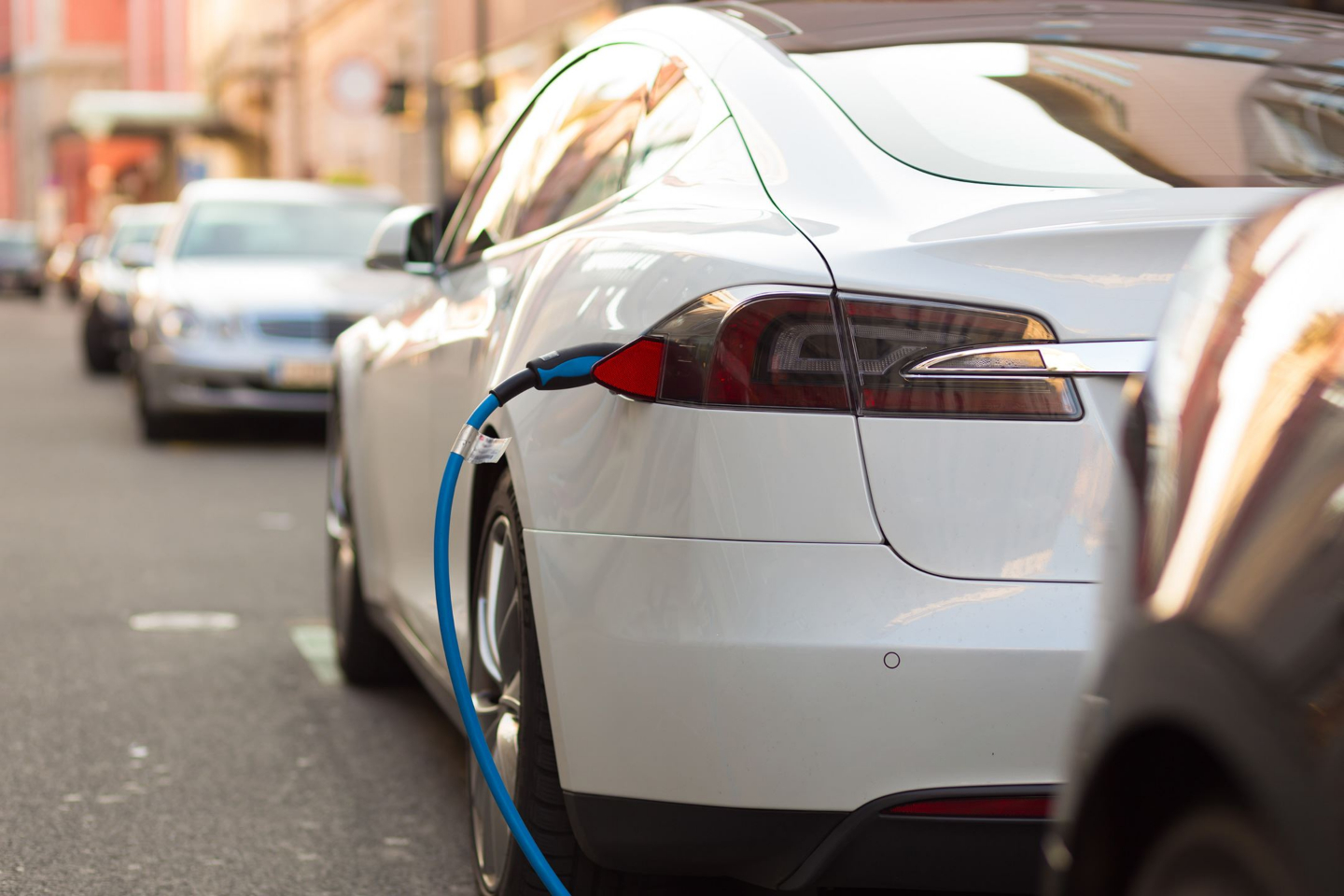After poring over its geological data, Tambourah Metals has lit up a handful of nickel, zinc and gold targets at its Achilles project, 200km north of Laverton in WA. The explorer plans to start drilling during the second or third quarter of 2022. Reprocessing of geophysical figures has identified a deep-seated structure whilst a data review has revealed historical gold and zinc hits.


After poring over its geological data, Tambourah Metals has lit up a handful of nickel, zinc and gold targets at its Achilles project, 200km north of Laverton in WA. The explorer plans to start drilling during the second or third quarter of 2022.
When Tambourah hit the ASX boards in mid-2021, Achilles was one of four projects in its portfolio. The tenement hosts two prospects in Windidda South and Achilles, for gold and nickel respectively.
Reprocessing of geophysical data shows both prospects are situated on a large deep-seated structure the company says may control the regional mineralisation. Two additional targets located between the prospects have been identified in the new geophysical interpretation.
The area contains historical drill holes yielding 2m hits up to 3600 parts per million nickel.
Zinc and gold mineralisation has also popped up on the explorer’s radar with a data review raking in historical hits including 4m going 1.35 grams per tonne gold and 1m at 3.85 per cent zinc.
In April 2021, ASX-listed Rumble Resources garnered some serious attention from the market with its zinc-lead discovery 167km northwest of Achilles – also within the Earaheedy Basin.
With the region appearing to heat up and Tambourah finding curious hits of zinc within its fence lines, the explorer is broadening its exploration plans.
The company will complete its assessment of the historical data in addition to running a first pass assessment across the project that will include mapping and rock chip sampling.
With its permit applications already in place, Tambourah will be looking to engage a drilling contractor to kick off its maiden program as early as this quarter.
Tambourah Metals Executive Chairperson, Rita Brooks says: “Nickel is included in the critical minerals list due to the demand and increase amid the electric vehicle revolution. Nickel prices have more than doubled in the last 5 years.”
“The forecast for Zinc from the Mineral Council of Australia remains moderately strongly tied to its use in the building industry. Zinc consumption is set to rise from 13.7 million tonnes in 2019 to 15.3 million tonnes in 2030.”
“We have established target areas for the next stage of exploration at Achilles and Tambourah will also be testing for Zinc in the upcoming exploration activities.”
When it comes to the potential for nickel, it appears Tambourah has picked its postcode well as Geoscience Australia says WA holds 96 per cent of the nation’s total nickel resources.
The explorer’s Achilles project lies 165km east of the world-class Mount Keith nickel deposit, operated by BHP, currently the ASX’s largest market-capped company.
The Geological Survey of Western Australia ranked Mount Keith as number two when it comes to nickel resources, behind Ardea Resources’ Kalgoorlie nickel project.
The US Geological Survey says about two thirds of nickel consumed in the Western World is used to make stainless steel. The remaining portion is divided among the production of further alloys, batteries, catalysts, chemicals and other applications.
Research by the International Energy Agency has forecast electric vehicles and battery storage will take top spot by 2040 when it comes to nickel consumption.
To give an idea of nickel’s significance, BHP says a 60 kilowatt per hour ’NMC 811’ battery needs 5kg of cobalt, 5kg of manganese, only 6kg of lithium and a hefty 39kg of nickel.
The mining goliath sells more than 75 per cent of its nickel production to the electric vehicle battery materials industry.
According to the International Nickel Study Group, the global demand for nickel stands at about three million tonnes in 2022.
The International Energy Agency sees nickel demand possibly exceeding six million tonnes by 2040.
Is your ASX-listed company doing something interesting? Contact: matt.birney@businessnews.com.au












